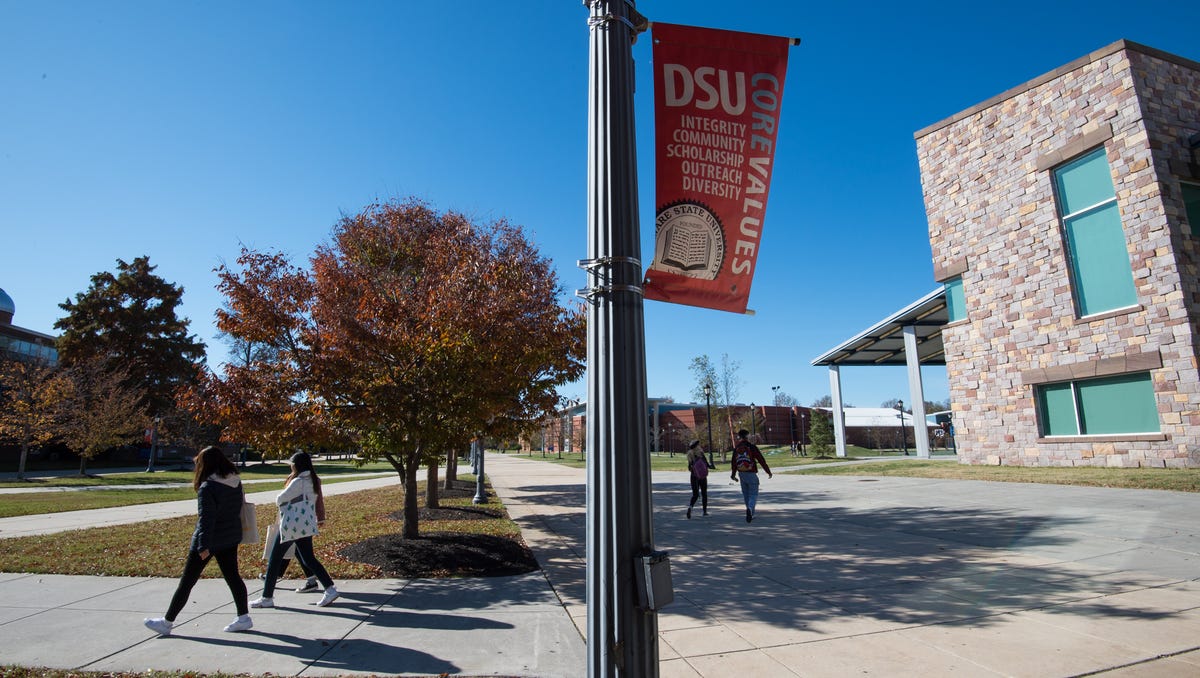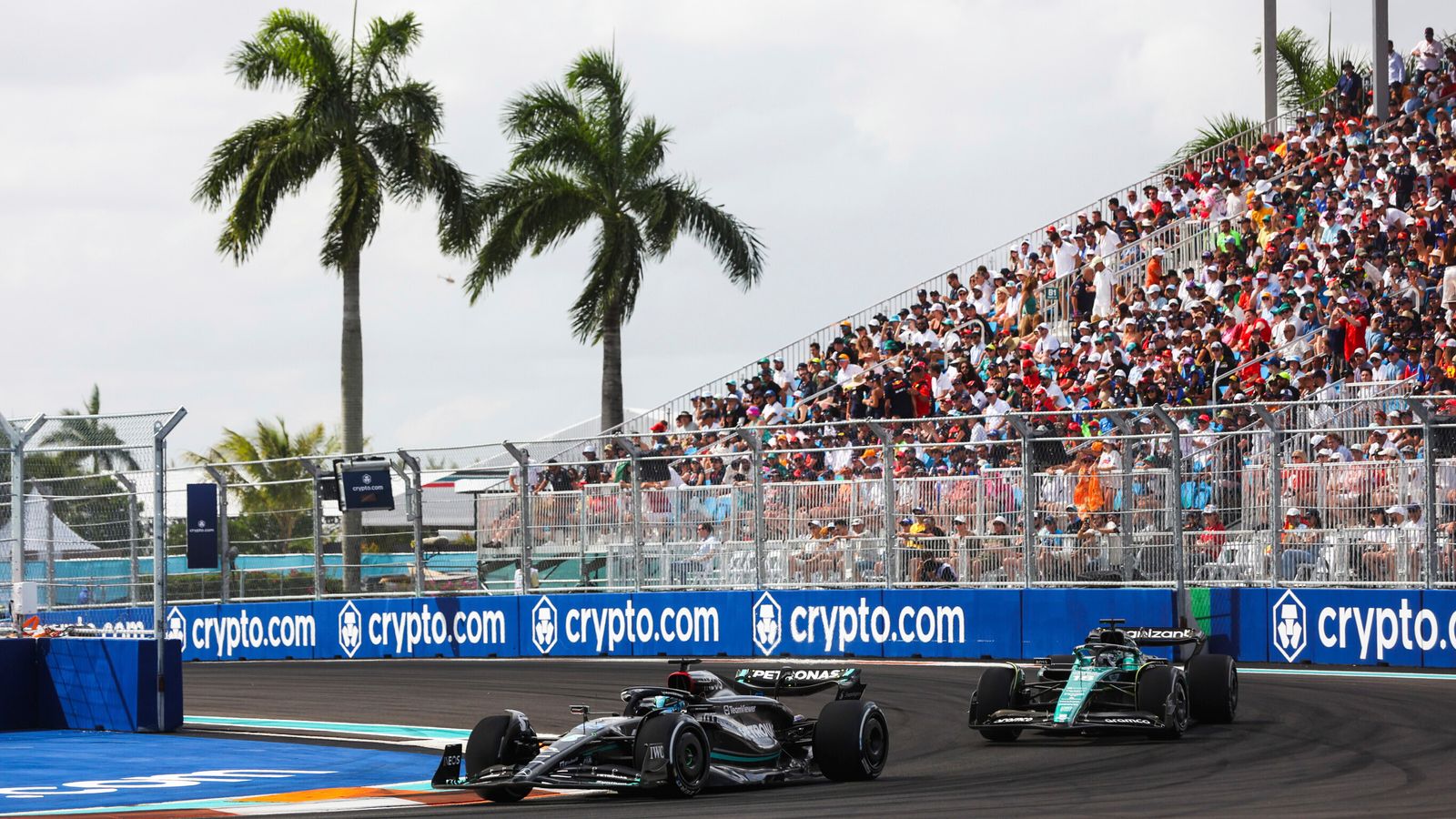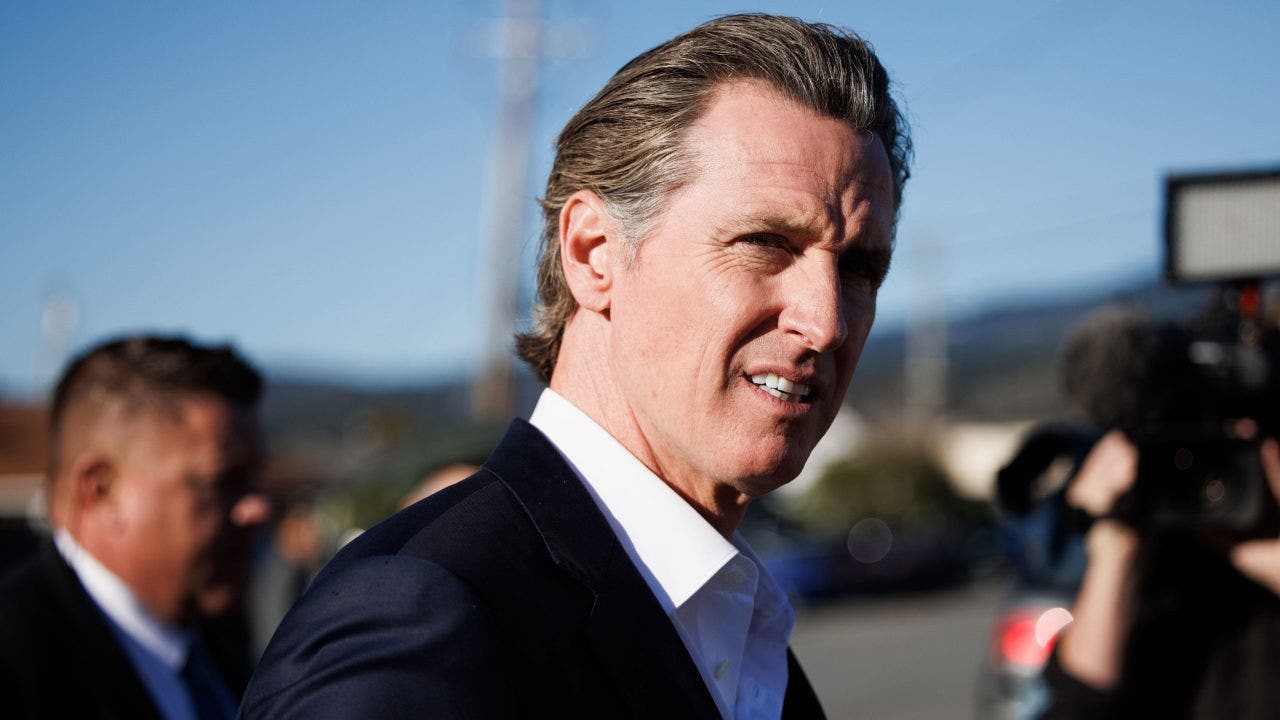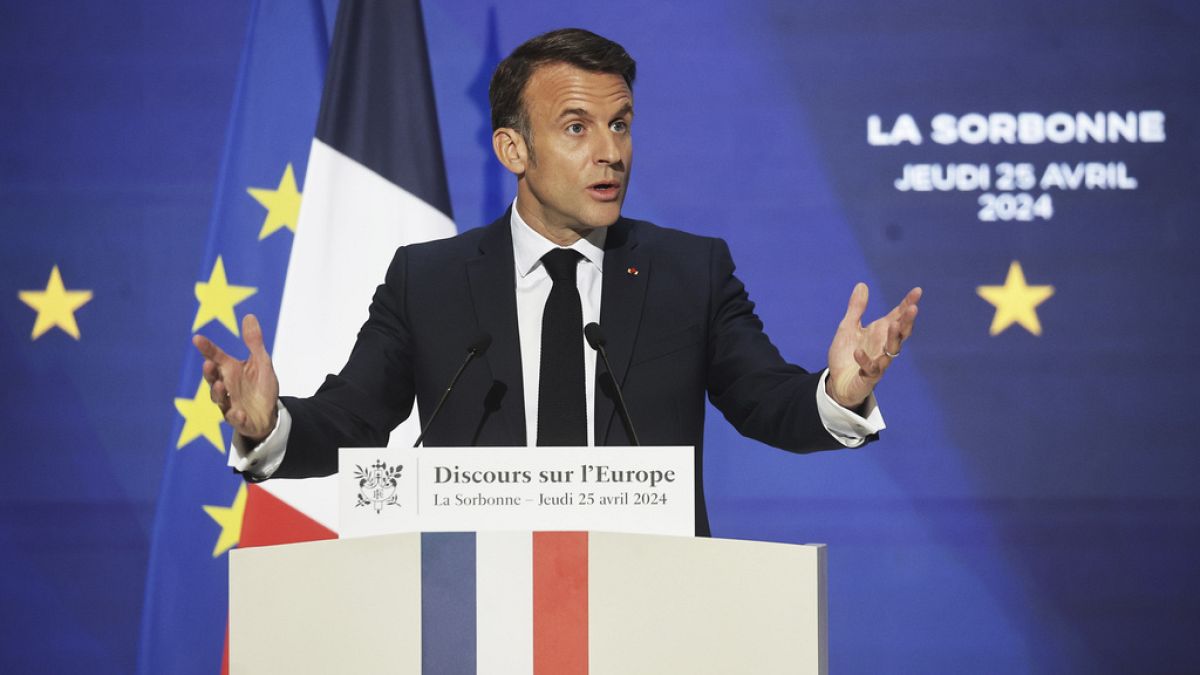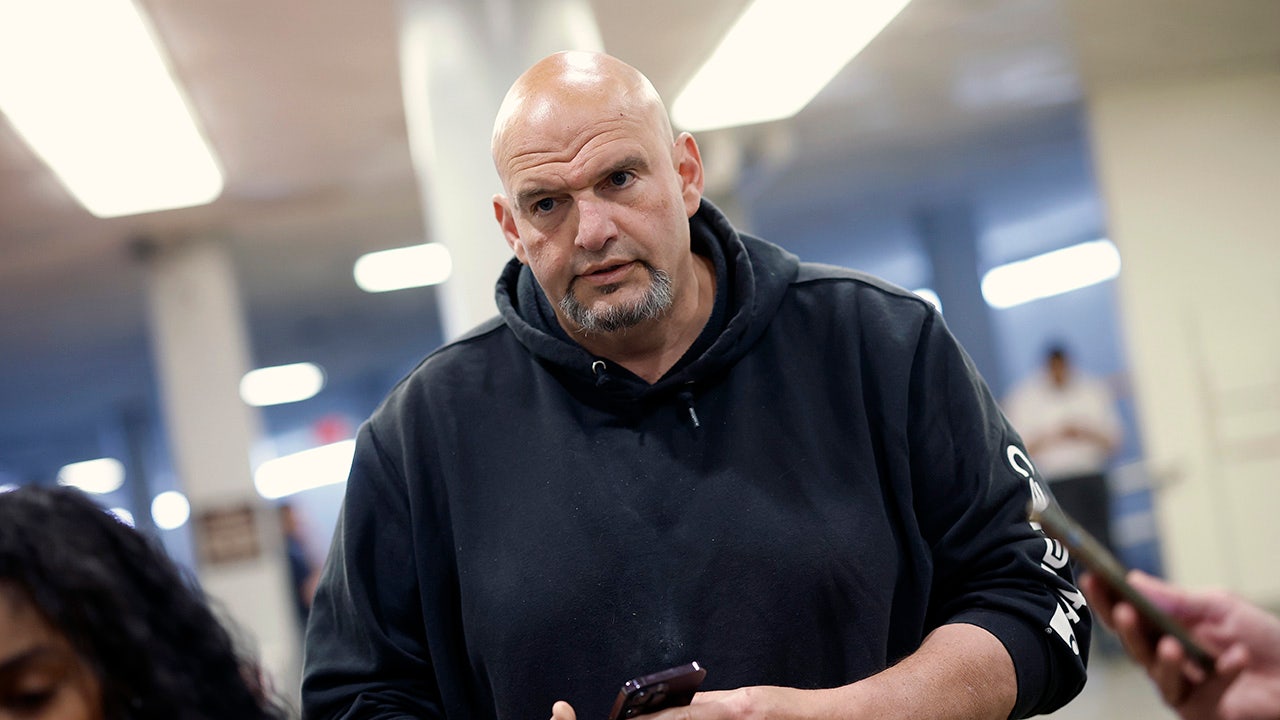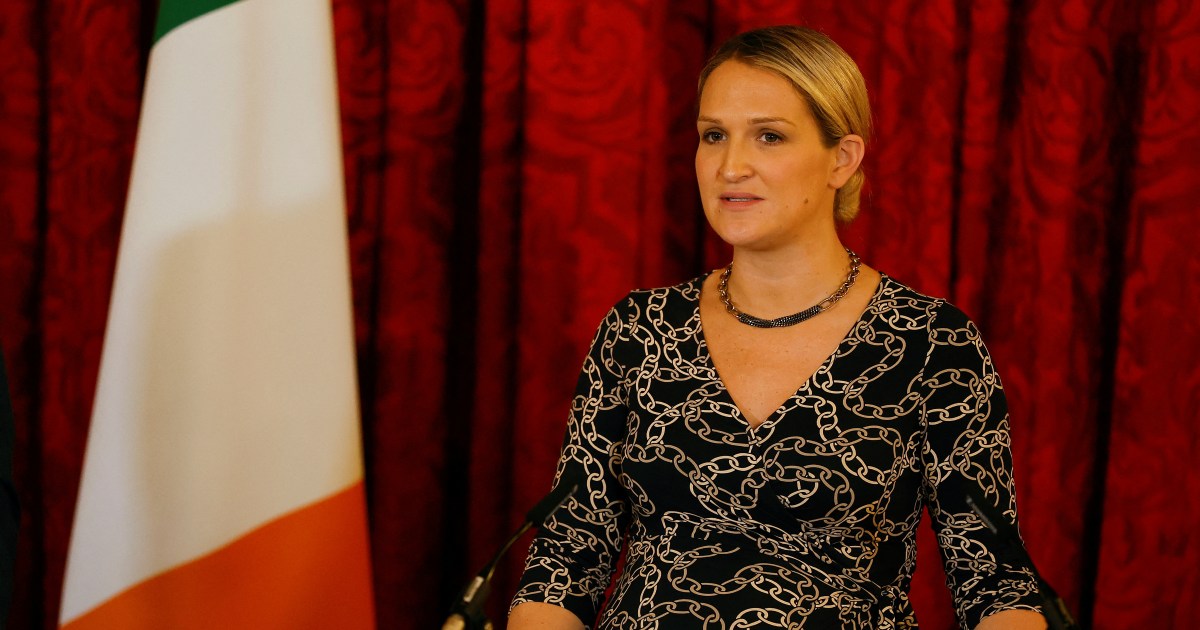Reporting by Christian Kraemer. Writing by Maria Martinez; Editing by Toby Chopra
Finance
German finance minister defends 2023 debt brake suspension forced by court ruling
/cloudfront-us-east-2.images.arcpublishing.com/reuters/4QO5Y6ZB4ZLWDC4N4CRSK42NRU.jpg)
[1/2]German Finance Minister Christian Lindner speaks during a plenum session of the lower house of parliament Bundestag, in Berlin, Germany, December 1, 2023. REUTERS/Annegret Hilse Acquire Licensing Rights
BERLIN, Dec 1 (Reuters) – German Finance Minister Christian Lindner defended on Friday his supplementary budget for 2023 which suspends Germany’s cap on borrowing this year after a top court ruling tore up the government’s spending plans.
Lindner, leader of the fiscally conservative Free Democrats, has been a staunch defender of the constitutionally-enshrined debt break in the past and is reluctant to agree another suspension in 2024 as Germany tries to find a way out of its budget crisis.
“We are now creating legal certainty,” Lindner told lawmakers at Germany’s parliament.
Germany’s constitutional court ruled on Nov. 15 the coalition government’s decision to re-allocate 60 billion euros of unused debt from the pandemic era to its climate and transformation fund was unconstitutional.
The ruling also affects other off-budget funds that Germany has used over the years to finance government policy in order to comply with its self-imposed debt brake restricting the public deficit to 0.35% of GDP.
Germany can suspend the debt brake if it is hit by a natural disaster or “exceptional emergencies” that are beyond the control of the state and significantly affect its finances.
Its suspension for a fourth year in a row will allow the government to borrow roughly an extra 45 billion euros ($49 billion) as part of the regular 2023 budget.
This sum was previously mainly financed through the country’s 200 billion euro Economic Stabilisation Fund which the government is planning to discontinue by year-end.
Lindner said that the national debt-to-GDP ratio would fall to 64% in 2024 from 69% in 2021.
“The direction is right,” Lindner said. “We want to continue in this direction.”
If the court’s ruling is implemented in full, Germany’s economy could shrink by up to half a percentage point in the coming year, the federation of German industries (BDI) said on Friday.
The BDI added, however, a reliable economic forecast for the German economy in 2024 is currently not possible due to the uncertainties surrounding the 2024 budget, the climate and transformation fund and other special funds.
“Supporting the economic recovery requires planning certainty for companies and therefore a quick decision on which of the necessary funds will be made available,” BDI’s managing director Tanja Goenner said.
The budget hammerblow from the court has heightened tensions in Chancellor Olaf Scholz’s already fractious three-way coalition, which has seen its support slump since taking office nearly two years ago.
Lindner spoke of intensive talks among the coalition partners over the 2024 budget which, according to Lindner, faces a 17 billion euro gap.
“It won’t always be easy,” he said of the negotiations.
($1 = 0.9181 euros)
Our Standards: The Thomson Reuters Trust Principles.

Finance
Global Innovation Lab for Climate Finance Surpasses 100-Member Organizations – CPI
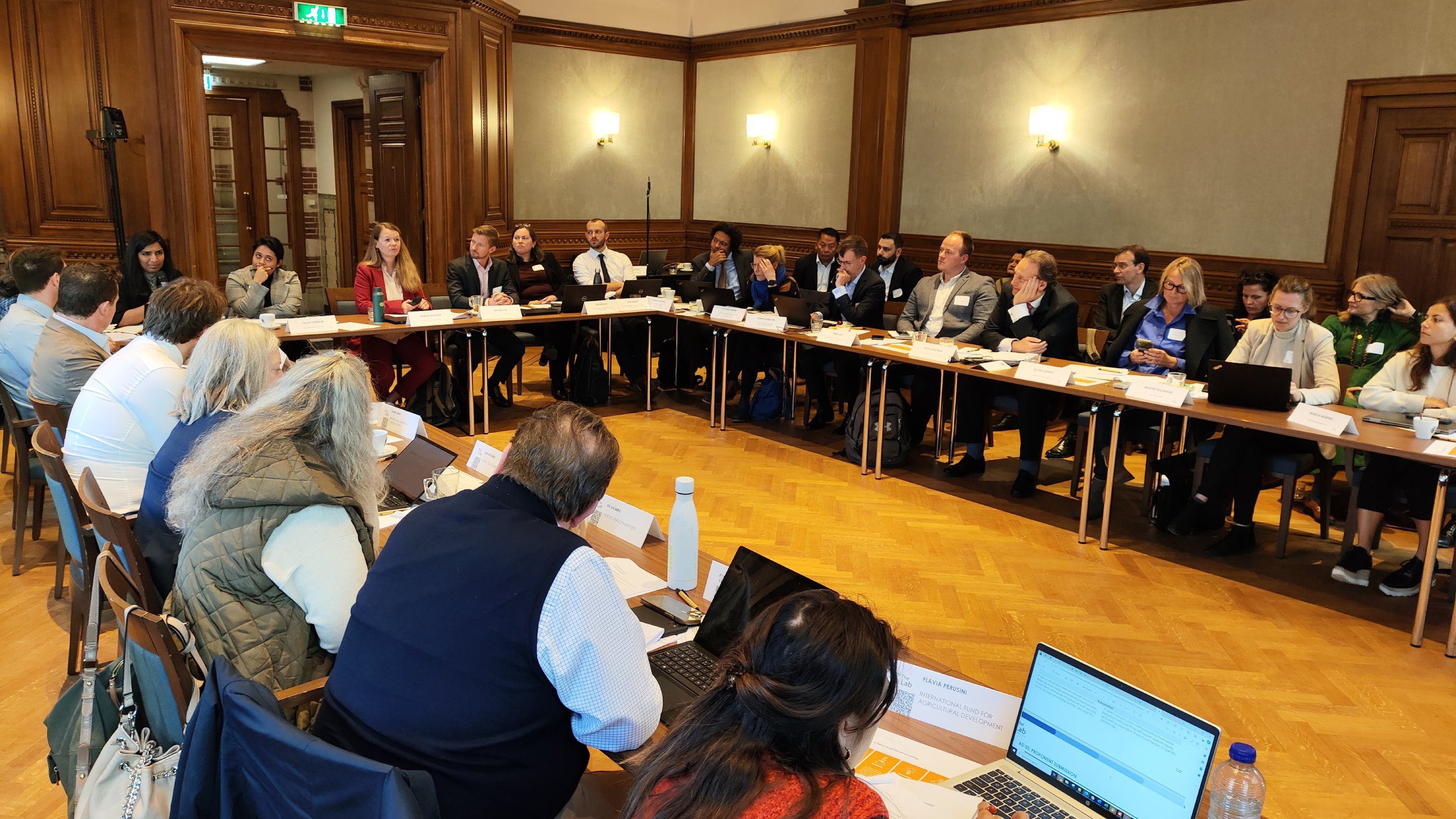
The Global Innovation Lab for Climate Finance (the Lab) proudly announces a significant expansion in its membership. Over 100 distinguished public and private organizations are now joining forces to accelerate climate finance innovation and drive private investments in emerging markets.
The Lab’s membership has skyrocketed nearly fourfold in 10 years, from 29 organizations at the inaugural Lab meeting in 2014 to 110 global and regional members today. Over the years, the Lab has seen a steady rise in private sector participation, with private members now making up 55% of the total, compared to 41% in 2014.
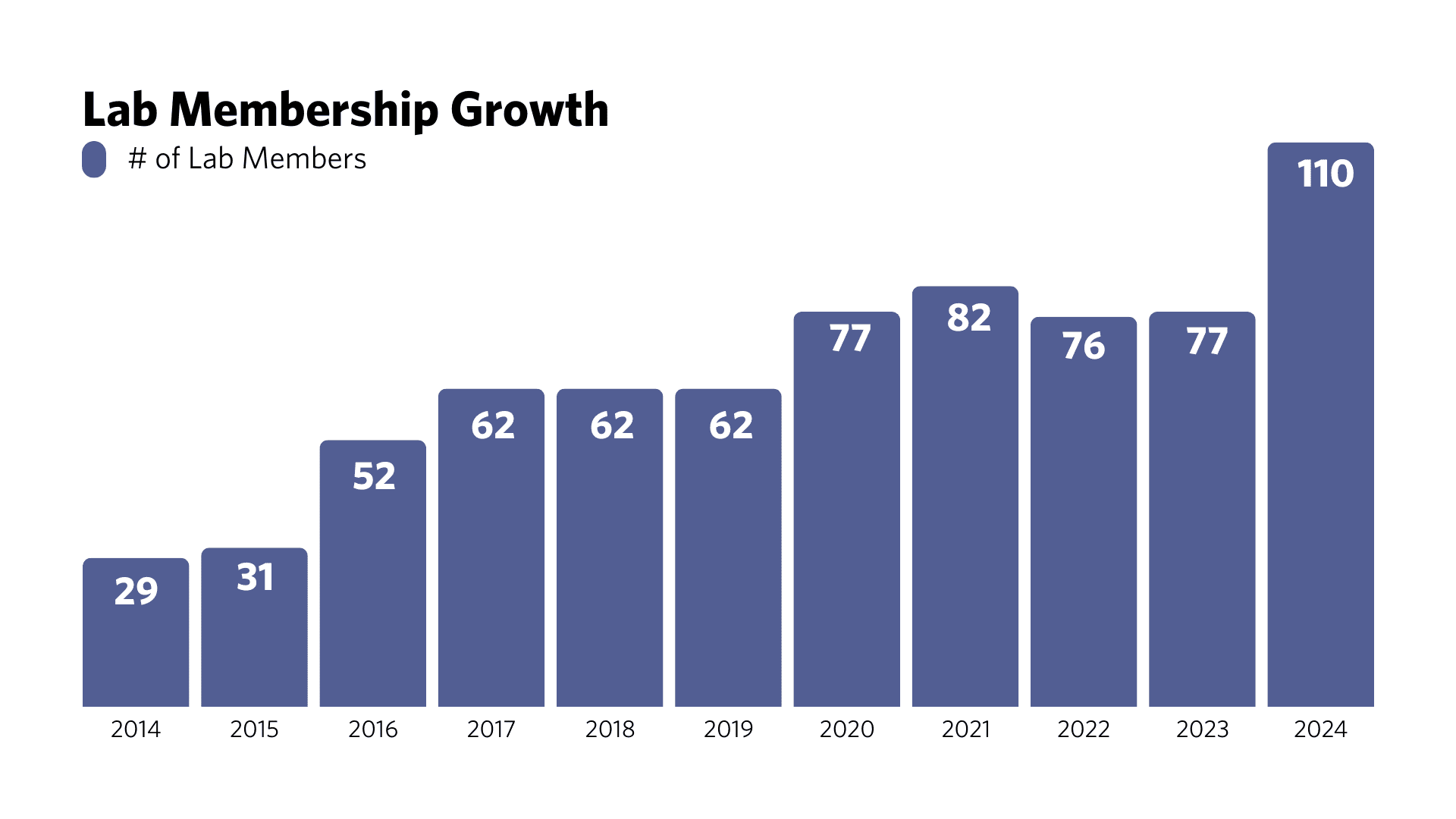

This growth follows the Lab’s successful launch of regional programs in the Philippines and Latin America and the Caribbean. New regional panel members from these areas join a growing network of experts across existing programs in Brazil, East and Southern Africa, and India. Additionally, the Lab welcomes new global members, strengthening its ability to identify and develop transformative financial instruments.
“We need to see bold ideas come forward and support the teams who pursue them. As a new global member, we are very happy to have supported the selection process of the Lab’s 10th cohort and to contribute to developing these outstanding teams and endeavors. The collaborative spirit among members points to a powerful force for tackling climate challenges,” said Elvira Lefting, Managing Director at Finance in Motion.
A substantial portion of the Lab’s portfolio mobilization figures, which now exceed USD 4 billion, is a result of direct investments from its diverse membership and broader network. The Lab continues to unlock new opportunities through collaborative efforts and scale up impactful climate finance initiatives globally.
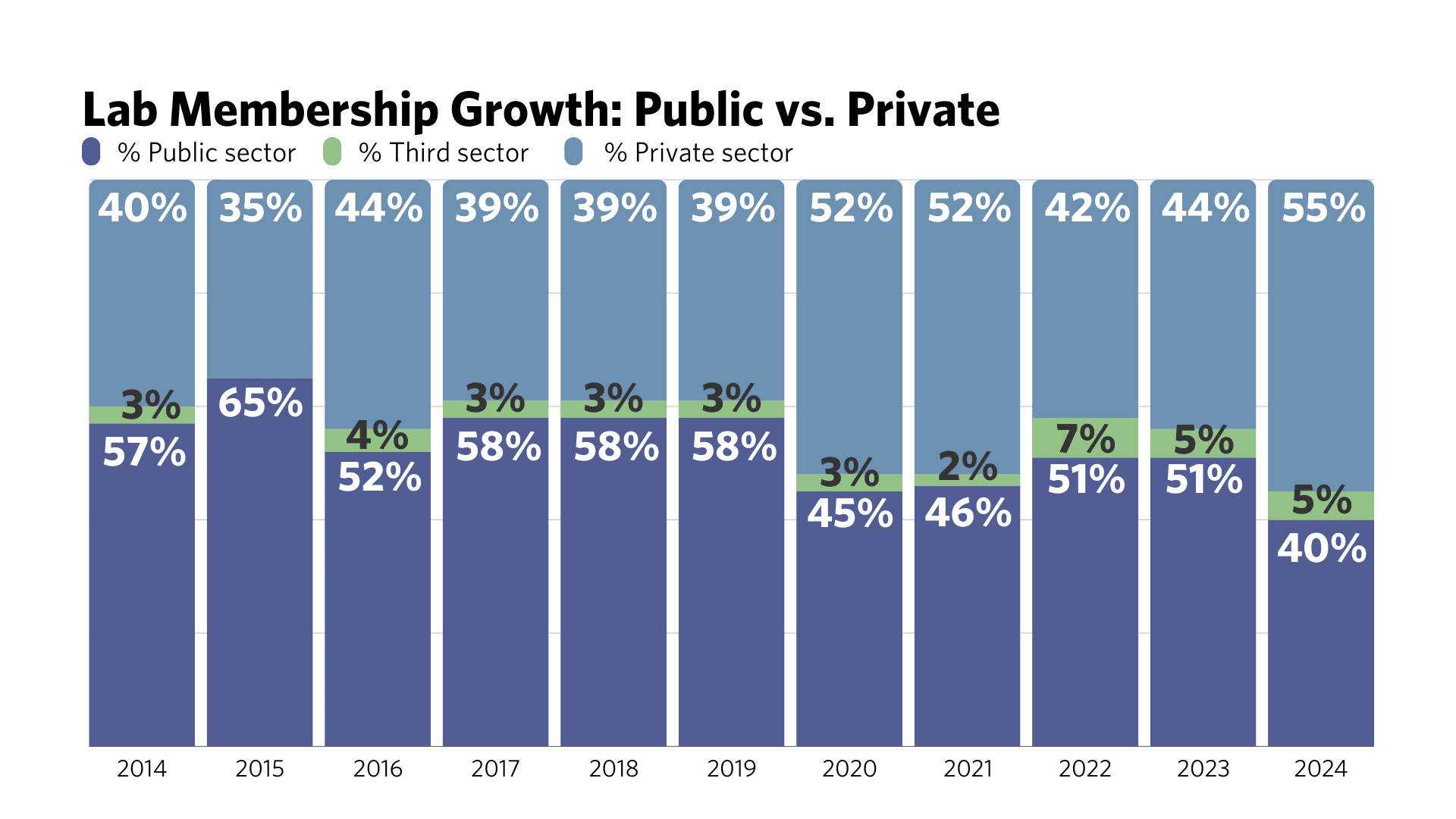

“The Lab’s membership is the core driver of the Lab’s success. Our member institutions bring a wealth of expertise, dedicated support, and financial capital to the table, amplifying the Lab’s capacity to catalyze sustainable investments in emerging markets,” said Ben Broché, Climate Policy Initiative’s Associate Director, who leads the Lab’s efforts.
About the Lab
The Global Innovation Lab for Climate Finance identifies, develops, and launches innovative finance instruments that can drive billions in private investment to action on climate change and sustainable development. Bloomberg Philanthropies, the United Nations Development Programme, and the governments of Canada, Germany, the United Kingdom, and the United States fund the Lab’s 2024 programs. Climate Policy Initiative serves as the Secretariat and analytical provider.
For media inquiries or further information, please contact:
Júlio Lubianco
Communications Manager
julio.lubianco@cpiglobal.org
Sam Goodman
Communications Associate
sam.goodman@cpiglobal.org
Finance
Finance minister Buggana says Dhone took center-stage in terms of development in the entire state in the last five years | Hyderabad News – Times of India

The finance minister who is confident of securing his hat-trick victory at the Dhone assembly constituency in Nandyal district in the upcoming elections, is pitted against former union minister of state for railways Kotla Jayasurya Prakash Reddy of the TDP.
Embarking on a door-to-door election campaign at Peapully mandal on Sunday, Buggana asked the people to introspect about why his opponent Kotla Jayasurya Prakash Reddy and his family, never reached out to the people of the constituency in the last 15 years.
“Leaders belonging to various faction groups who lost their lives and their families completely shattered should all realise why the different faction groups are now setting aside their differences and joining hands with the sole motive to defeat me. Won’t such power-thirsty people revive faction at the Dhone assembly constituency, where no major faction related violence was reported in the last decade”, Buggana questioned the people.
Explaining to the voters about the financial benefits disbursed to the people of the Dhone assembly constituency in the last five years, besides the numerous development projects executed during the YSRCP regime, the finance minister appealed to the people to pledge support to him and the YSRCP to carry forward the development in the next five years too.
Finance
Saudi Arabia's Vision 2030 projects to be adjusted as needed, finance minister says – Times of India

Speaking at the World Economic Forum’s special meeting on Global Collaboration, Growth and Energy for Development in Riyadh, Mohammed Al Jadaan said the kingdom’s focus is on ensuring the quality of future economic growth, and recognises that the challenges it faces require flexibility.
“There are challenges… we don’t have ego, we will change course, we will adjust, we will extend some of the projects, we will downscale some of the projects, we will accelerate some of the projects,” Jadaan said.
Saudi Arabia is accelerating efforts to diversify its economy away from oil under a plan known as Vision 2030. It aims to develop sectors such as tourism and industry, expand the private sector and create jobs.
Non-oil activities vastly outperformed oil sector expansion last year growing by 4.4%, while the overall economy shrank by 0.8 per cent on the back of cuts to oil production and lower prices.
Saudi Arabia is projected to grow 2.6 per cent this year, a downward revision from 4 per cent forecast in October, the IMF said in its latest regional outlook report on the back of continued output cuts.
In the medium term, non-oil growth is expected to come in over 5 per cent a year, Jadaan said in February, although the kingdom is likely to continue to rely on hydrocarbon revenue to drive investments into expanding non-oil activities.
On Sunday, Jadaan re-emphasised the role of an expanded private sector in delivering Vision 2030.
“Vision 2030 is about empowering the private sector. The government role is to be out of business – the government role is to make policies to enable the private sector but not to actually do the business.” The Arab World’s largest economy needs oil at $96.2 to balance its 2024 budget, the IMF forecast.
-

 Kentucky1 week ago
Kentucky1 week agoKentucky first lady visits Fort Knox schools in honor of Month of the Military Child
-

 World1 week ago
World1 week agoShipping firms plead for UN help amid escalating Middle East conflict
-

 Politics1 week ago
Politics1 week agoICE chief says this foreign adversary isn’t taking back its illegal immigrants
-

 News1 week ago
News1 week agoIs this fictitious civil war closer to reality than we think? : Consider This from NPR
-

 News1 week ago
News1 week agoThe San Francisco Zoo will receive a pair of pandas from China
-

 Politics1 week ago
Politics1 week ago'Nothing more backwards' than US funding Ukraine border security but not our own, conservatives say
-

 World1 week ago
World1 week agoTwo Mexican mayoral contenders found dead on same day
-

 Politics1 week ago
Politics1 week agoRepublican aims to break decades long Senate election losing streak in this blue state




